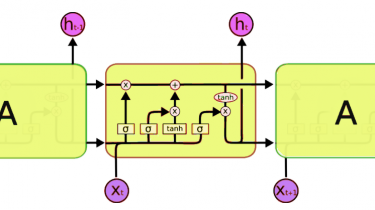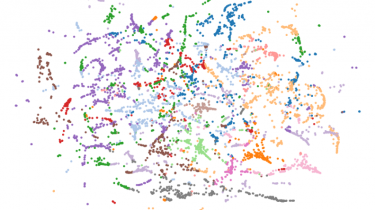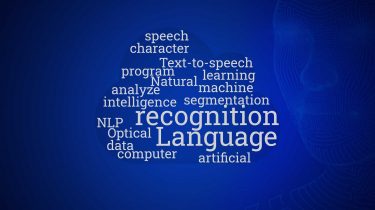Extracting information from reports using Regular Expressions Library in Python
Introduction Many times it is necessary to extract key information from reports, articles, papers, etc. For example names of companies – prices from financial reports, names of judges – jurisdiction from court judgments, account numbers from customer complaints, etc. These extractions are part of Text Mining and are essential in converting unstructured data to a structured form which are later used for applying analytics/machine learning. Such entity extraction uses approaches like ‘lookup’, ‘rules’ and ‘statistical/machine learning’. In ‘lookup’ based approaches, […]
Read more








